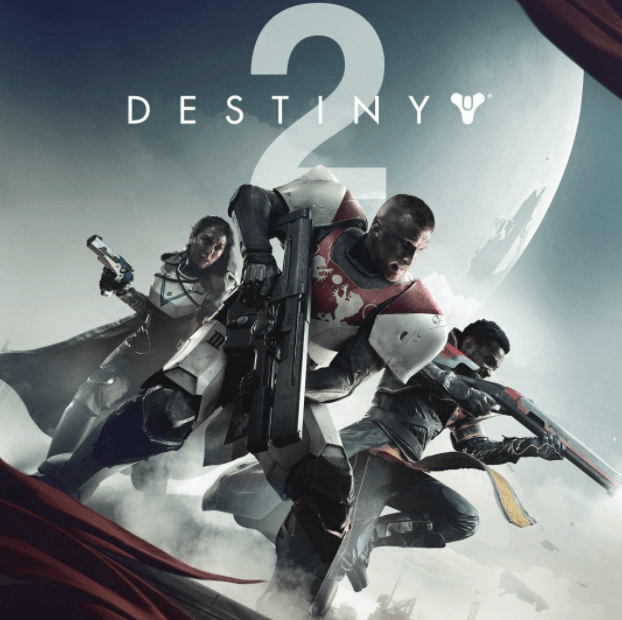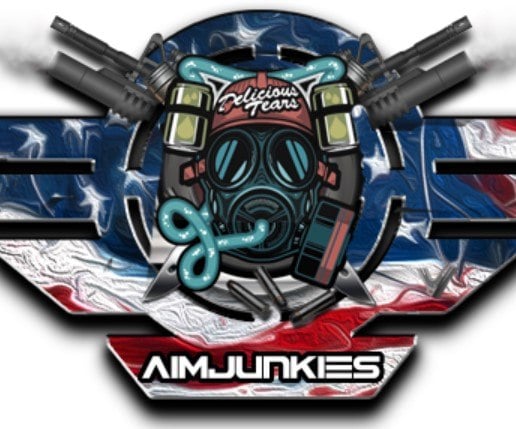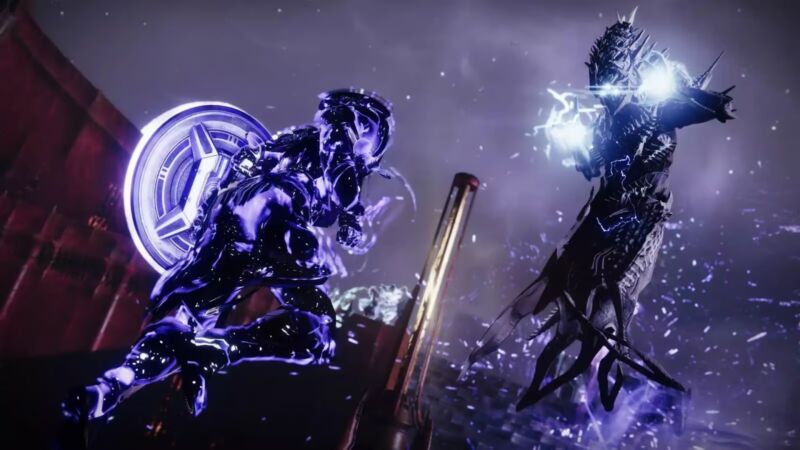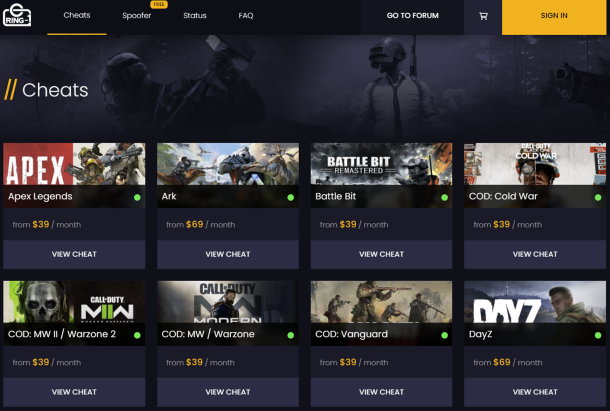-
chevron_right
YouTuber Liable For Bogus DMCA Notice “Awareness Campaign” Targeting Bungie
news.movim.eu / TorrentFreak · Friday, 15 March - 10:56 · 4 minutes
 One of the most frustrating aspects of DMCA notices outside the usual complaints aired by rightsholders, is their ability to trigger policies that assume notices are accurate and in some cases, should be blindly obeyed.
One of the most frustrating aspects of DMCA notices outside the usual complaints aired by rightsholders, is their ability to trigger policies that assume notices are accurate and in some cases, should be blindly obeyed.
Certainly, if the sender of a bogus notice puts in enough effort, the end result can be the removal of whatever material appears in the notice, even when sent to the largest platforms most familiar with fraudulent claims.
In March 2022, someone began sending DMCA notices to YouTube, claiming that the content listed in the notices infringed the rights of videogame developer Bungie. YouTube removed the videos, some of which belonged to high-profile Destiny content creators. Other notices targeted Bungie’s own channels, yet fingers of blame soon pointed toward the company itself, compelling Bungie to defend its reputation and clean up the mess.
Impressive Investigation, Culprit Found
During the early days of its investigation, Bungie revealed that the notices sent to YouTube came from a fraudulent Google account; the username was crafted to give the appearance it was sent by a Bungie anti-piracy partner. Bungie also filed a full-blown lawsuit in the United States which is currently in its third year.
The lawsuit alleged that the bogus copyright complaints not only disrupted Bungie’s gaming community, it caused “nearly incalculable damage” to Bungie itself. The language deployed in the complaint was unusually aggressive , noting that one of its key aims was to “demonstrate to anyone else stupid enough to volunteer as a Defendant by targeting Bungie’s community for similar attack that they will be met by legal process.”
![]() In June 2022, Bungie filed an amended complaint which demanded $7.65m in damages against a YouTuber called Lord Nazo, aka Nicholas Minor.
In June 2022, Bungie filed an amended complaint which demanded $7.65m in damages against a YouTuber called Lord Nazo, aka Nicholas Minor.
Not only had Bungie’s investigation tracked down the culprit, the details were laid out in unusual detail in the amended complaint. Bungie methodically followed the online trails, capitalized on the YouTuber’s mistakes, and then identified, located and named Minor as their defendant.
Among other things, the investigation showed how persistent email addresses, used across multiple sites, one of which was the victim of a data breach, critically undermined any assumption of anonymity. Bungie was ultimately able to match a confirmed email address with a historic content purchase, made through an account that carried Minor’s full name and physical address.
Trigger For the Takedown Campaign
In his deposition, Minor confirmed that the seeds of the campaign were planted when Bungie sent him a takedown notice via YouTube. The video had been hosted on his channel for eight years without issue, so convinced the notice was fraudulent, he sought help from YouTube hoping to get it restored.
When that failed to produce any results, a “confused” and “angry” Minor decided to “raise awareness” of transparency issues in the DMCA takedown process by filing bogus DMCA notices against legitimate videos uploaded by members of Bungie’s online community.
Minor reportedly accepts that he “gravely messed up and fully accept[s] that this is [his] fault” but claims he was “oblivious to the reprehensible damages [he] was causing to the community.”
Summary Judgment
In December 2023, Bungie filed a motion for summary judgment on the DMCA component of its overall claim. Minor did not oppose the motion but did appear in the case as required, including for his deposition and to provide discovery responses.
“The undisputed record before the Court shows that Minor violated the DMCA by knowingly, intentionally, and materially misrepresenting to YouTube that the takedown notifications were authorized by Bungie and that the material itself was infringing,” Senior District Judge Marsha J. Pechman notes in her judgment issued last week.
“Bungie has provided evidence that the materials at issue did not violate its IP Policy, and that the DMCA notices were not properly issued. And, crucially, Minor admits that he had no authority to issue the notices, that he intentionally and knowingly issued the notices, and that he ‘gravely messed up.'”
Referencing Section 512 of the DMCA, Judge Pechman notes that the evidence shows that Minor’s violations were intentional, and that he lacked a subjective, good faith belief that the targeted material was infringing.
“Bungie has also provided evidence that the fraudulent notices harmed its reputation and caused it to devote significant resources to attempt to remediate the harm. The Court therefore GRANTS summary judgment in Bungie’s favor on this claim and GRANTS the Motion,” the judgment adds.
Not Over Yet, Possibly Not For a Long Time
The Court notes that the judgment is partial since it does not resolve the question of damages, costs, and attorneys’ fees Bungie will likely claim in due course. The amount could be significant and at least in public, Bungie has shown few signs of mercy recently.
Then there are the rest of Bungie’s claims in this matter. They include false designation under 15 U.S.C. § 1125(a), copyright infringement under 17 U.S.C. § 501, business defamation, violations of the Washington Consumer Protection Act, and breach of contract.
The order granting partial summary judgment is available here (pdf)
From: TF , for the latest news on copyright battles, piracy and more.
 Over the past several years, a wave of copyright infringement lawsuits has targeted alleged cheaters and cheat makers.
Over the past several years, a wave of copyright infringement lawsuits has targeted alleged cheaters and cheat makers.







